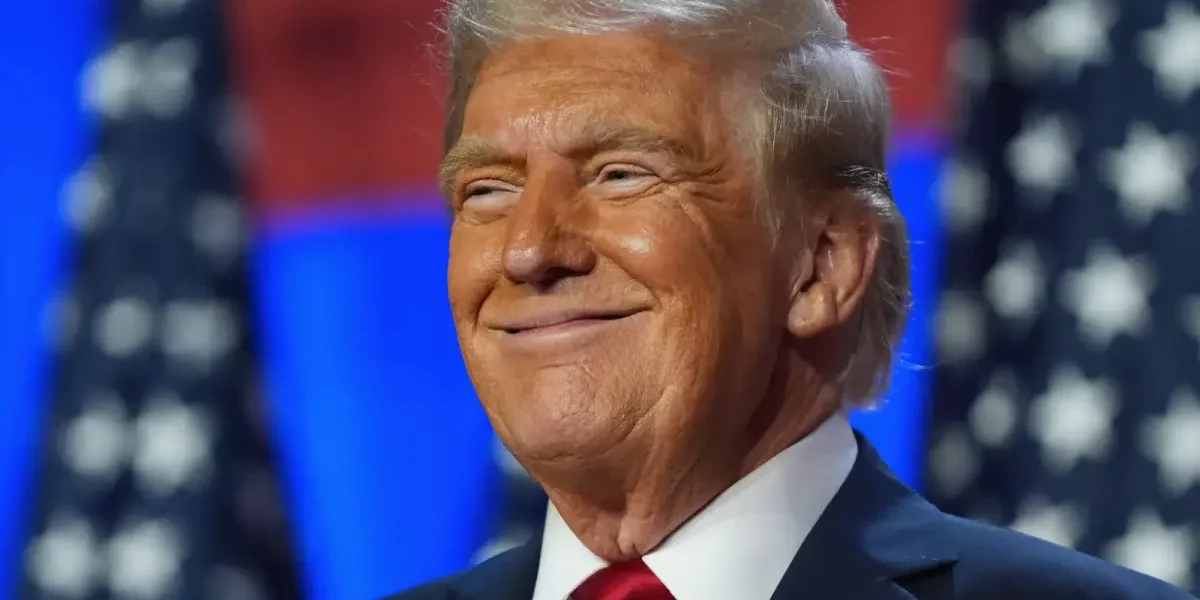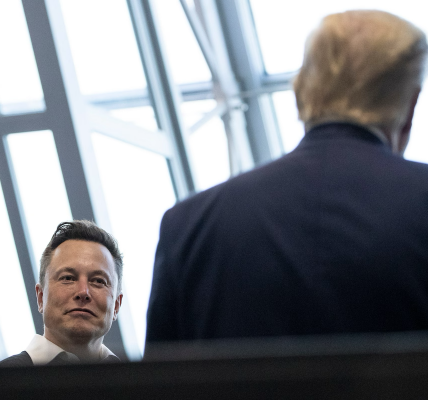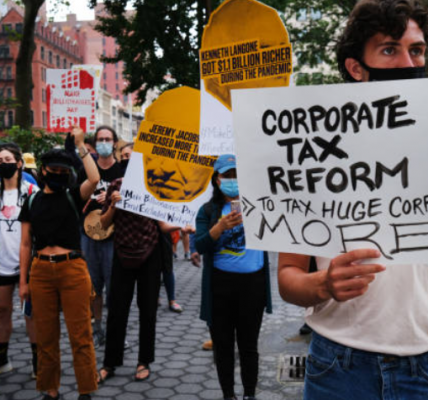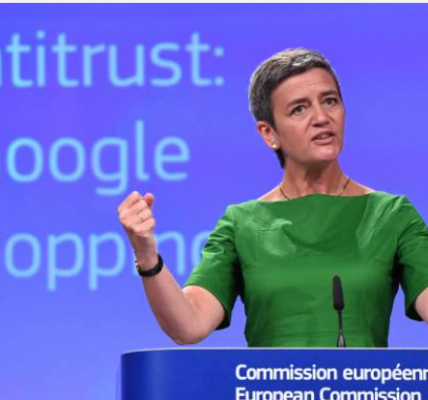The fears of many have been realised, as Donald Trump is set to make a return to The White House after defeating Vice President Kamala Harris following Tuesday’s election. For those who haven’t heard, or have wisely decided to bury themselves in a bunker, Trump took an election that was supposed to be ‘too close to call’ into a decisive victory, winning the House, the Senate, and the popular vote, a feat not achieved by a Republican since 2004. This not only grants him access to the Oval Office and control over the world’s most powerful military-industrial complex but also provides relative congressional power for whatever mandate he and his circle might pursue, both domestically and internationally. And given his previous statements of how he has ‘a list of enemies’, it looks as though Trump is coming into his second term all guns blazing, literally.
We can debate what went wrong for Harris or question why a man facing two court cases and 17 sexual assault allegations was allowed to run. But that’s for the Democrats to address. The fact remains, Trump is back, and with two months before he returns to the Oval Office, Europe must prepare.But how do you prepare for a famously unpredictable President who’s about to take office for his second term? Anaylists have speculated for months what a Trump Presidency would look like for ‘the West’. Previously, he’d said he would end in his first day in office, but as someone who has allegedly had at least with Vladimir Putin since leaving office, the guess is whatever Trump proposes to Volodymyr Zelensky, it wouldn’t be in Ukraine’s best interest. Others speculate the U.S would drop out as Trump had previously called out European nations for not pulling their wait in spending, as 9 members still don’t meet the 2% of GDP in defence spending that is accepted by NATO members. More realistically, we may not see a total elimination of the U.S from NATO, but a reduction in NATO presence. Trump has proposed adding a on all Chinese products coming to the U.S, so he may choose to redirect troops some of the troops out of Europe and into the Indo-Pacific.
But how do you prepare for a famously unpredictable President who’s about to take office for his second term? Analysts have speculated for months what a Trump Presidency wouldlook like for the West. Previously, he’d said he would end the war in Ukraine on his first dayin office, but as someone who has allegedly had at least seven private phone calls with Vladimir Putin since leaving office, the guess is whatever Trump proposes to Volodymyr Zelensky, it wouldn’t be in Ukraine’s best interest. Others speculate the U.S. might leave NATO, as Trump had previously criticized European nations for not meeting the 2% GDP defense spending requirement, with nine members still falling short. With a 60% tariff on Chinese products, he may redirect some of the 100,000 American troops from Europe to the Indo-Pacific.
Since WWII, Europe has heavily relied on the American military to deter Russia and the former USSR, with American missiles and troops preventing the Red Army from crossing the Iron Curtain. And with the absence of this deterrence, much of Europe remains at risk of once again being swallowed up by Russian land grabbing. Unfortunately, Europe’s traditional ‘Big Three’ of Germany, the UK, and France have been slow to come together. Seven years ago, Angela Merkel responded to Trump’s critiques by increasing German spending to NATO, but with Olaf Scholz’s coalition currently crumbling beneath him, an increase in German military spending is looking unlikely in the near future. France’s Macron is preoccupied with domestic challenges, and while Britain has led Europe’s response against Russian aggression, Brexit and hesitation to act without U.S. approval limit its influence in Ukraine.
Fortunately, there are hints that Europe is waking up to this new reality. Italy’s Prime Minister Giorgia Meloni has urged the EU to meet their 2% spending targets, and her right-wing government, aligned with Trump’s anti-immigration and low-tax policies, could bridge Europe and the United States. The Baltic states have mobilized more personnel to deter a Russian assault and currently have the highest defense spending relative to GDP among NATO countries. However, the true defenders of Europe look to be Poland, as Donald Tusk’s defence budget is currently at 4.1% of GDP and is set to rise to 4.75% next year. Tusk knows that Poland is at the top of Russia’s wish list and has subsequently asked old Europe to ‘get a grip.’ Just as the Polish Knights defeated the Ottomans from invading Europe in the 15th century, Poland once again finds itself as the guardian of Western Europe from an invading foe.
Trump at his core is a businessman, and like all successful business men, he’ll want to get the best deal for himself. What Europe must do is present itself as a good asset that the American people can profit from, not lose money on. Europe must stand up for itself if it expects others to stand up for Europe, and With financial markets and global politics set to shift dramatically over the next four years, Europe must project stability and strength, not appear as a fractured region vulnerable to outside pressures. To safeguard Western society, European nations need to set aside historical rivalries and foster genuine cooperation. But if that’s what the future Western Europe faces, I think I’ll go back to my bunker.






